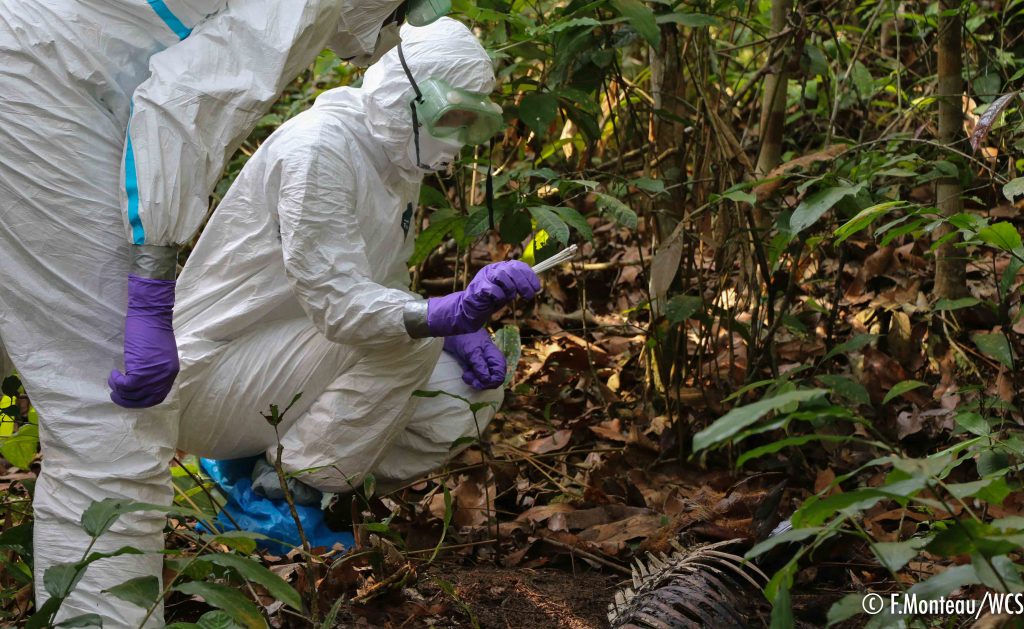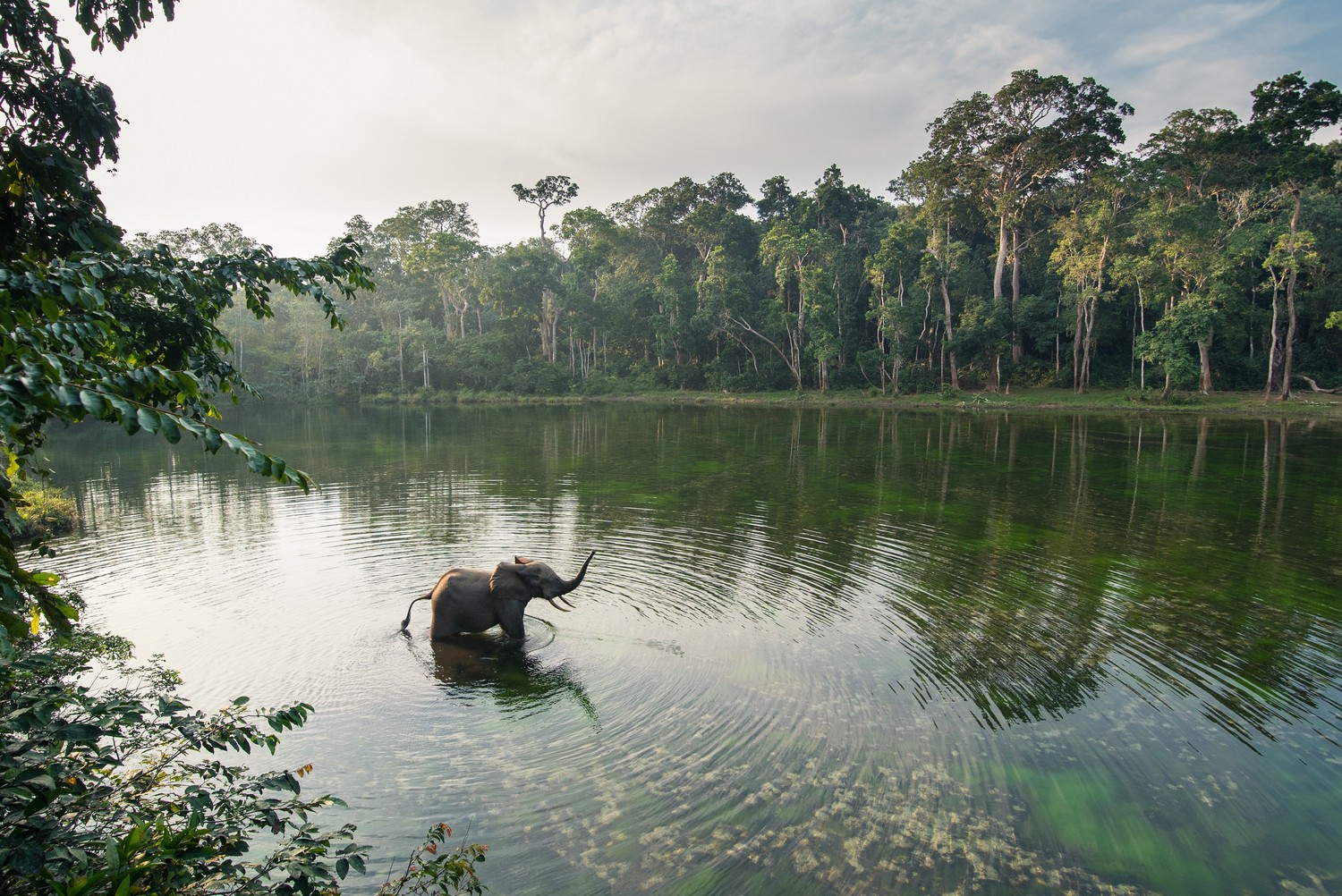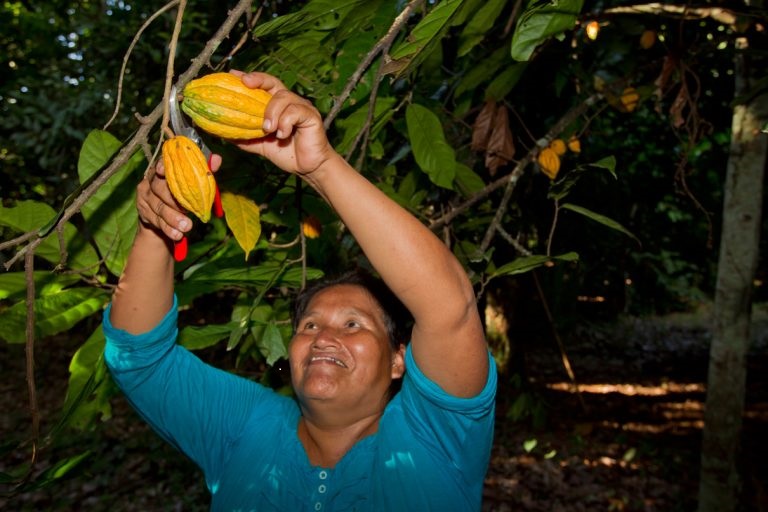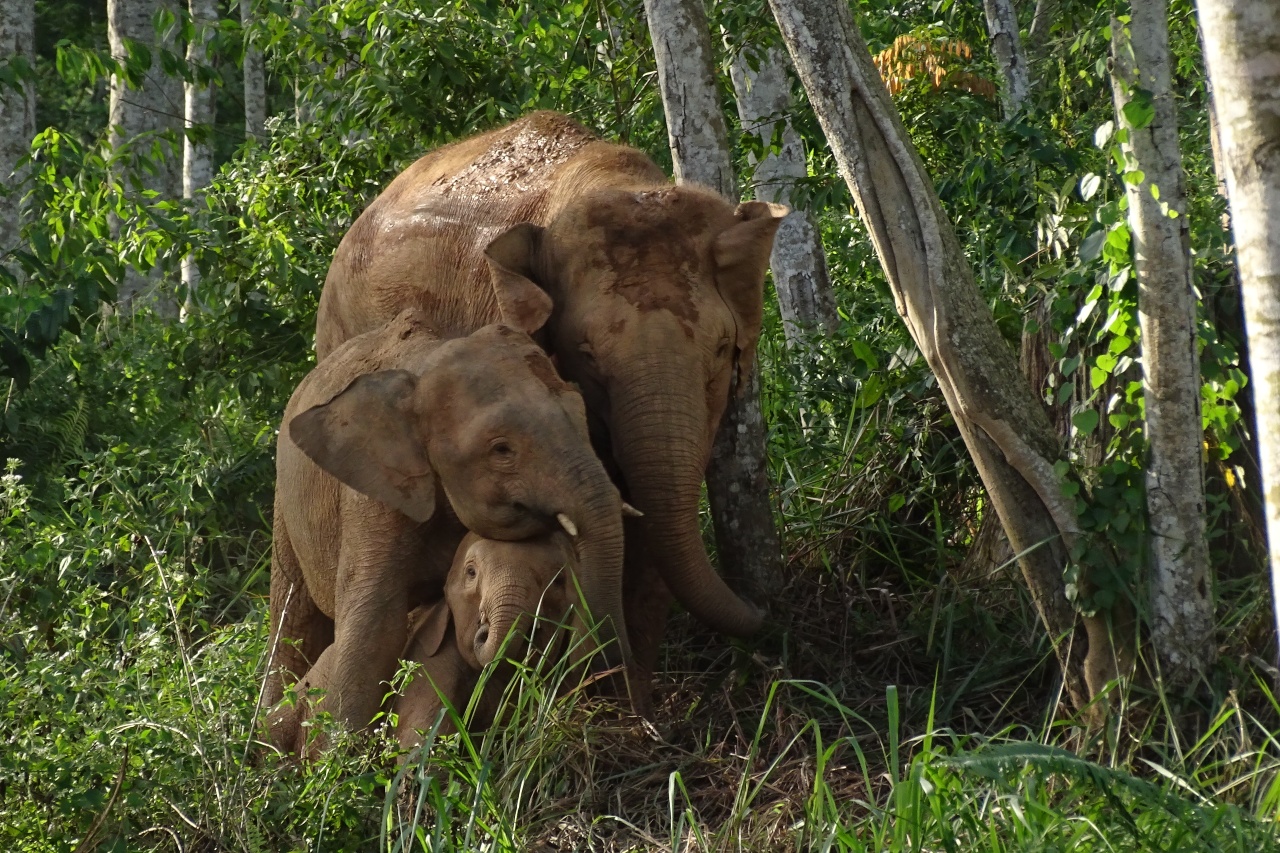Estimates indicate that intact forests contain massive amounts of carbon, equivalent to about 11 years’ worth of human-related emissions. Every year these forests grow a little larger, together absorbing as much as a quarter of all human-related emissions and these carbon stores are more resilient to drought, fire, and other threats arising from a changing climate.
If we wish to reverse the current climate trajectory, we must maintain, protect, and restore (when possible) the remaining large intact forests as the foundation of any meaningful strategy.
As part of that strategy, it will be critical that Parties to the Paris Agreement submitting a Nationally Determined Contribution (NDC) to reduce carbon emissions by the year 2030 commit to conserving high integrity forests. At the same time, these commitments must be developed to ensure that they do not have unintended consequences for biodiversity.
Forests serve as the strongholds for two-thirds of all land-based plants and animals, provide vital water supplies and erosion control, and support the livelihoods of some 1.6 billion people.
We know that forests serve as the strongholds for two-thirds of all land-based plants and animals, provide vital water supplies and erosion control, and support the livelihoods of some 1.6 billion people, including in particular indigenous peoples and local communities.
By protecting intact forests, we not only help to keep carbon safely stored in trees and soil. We also maintain vital habitat for biodiversity at a time when the United Nations warns a million species face potential extinction. And we contain viruses to which humans have no natural immunity from spilling over to us, as happened with the COVID-19 pandemic.
So what can we do to show that we are ready to invest in new solutions? Here is where natural infrastructure can help us. At a time when the climate crisis is hammering shores across the planet with more - and more powerful - storms, coastal ecosystems such as wetlands and mangroves can protect against storm surges and rising sea levels.
As the climate crisis places ever greater pressure on our agricultural sector, the insect and bat species that pollinate 75% of the world’s food crops are as critical as the irrigation and farm-to-table infrastructure.
Several nature-based solutions are essential. First, we must expand and improve the extent and management of protected areas. Setting a target to protect and conserve at least 30% of land and sea areas is an ambitious and critical goal, which is also supported by dozens of governments.
We must secure and improve the ability of indigenous and local communities to manage the roughly 35% of the world’s intact forests they inhabit.
And it is essential that this 30% include not only officially designated “protected areas” but other effective area-based conservation measures, or OECMs, sustained so often by indigenous peoples. Relatedly, we must secure and improve the ability of indigenous and local communities to manage the roughly 35% of the world’s intact forests they inhabit, especially in the Amazon basin. Nature-based solutions and human wellbeing can and must be mutually reinforcing.









Ajouter un commentaire